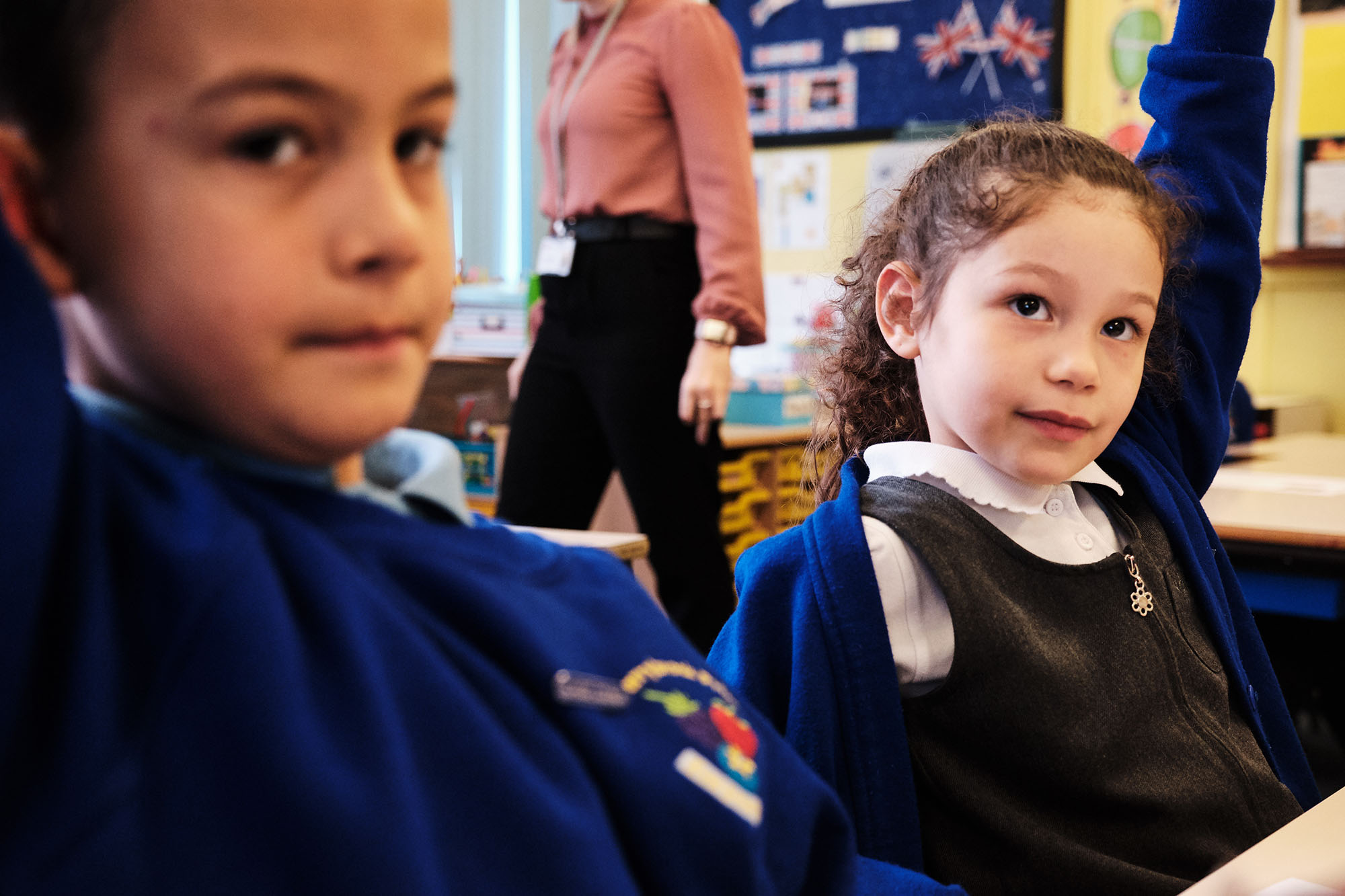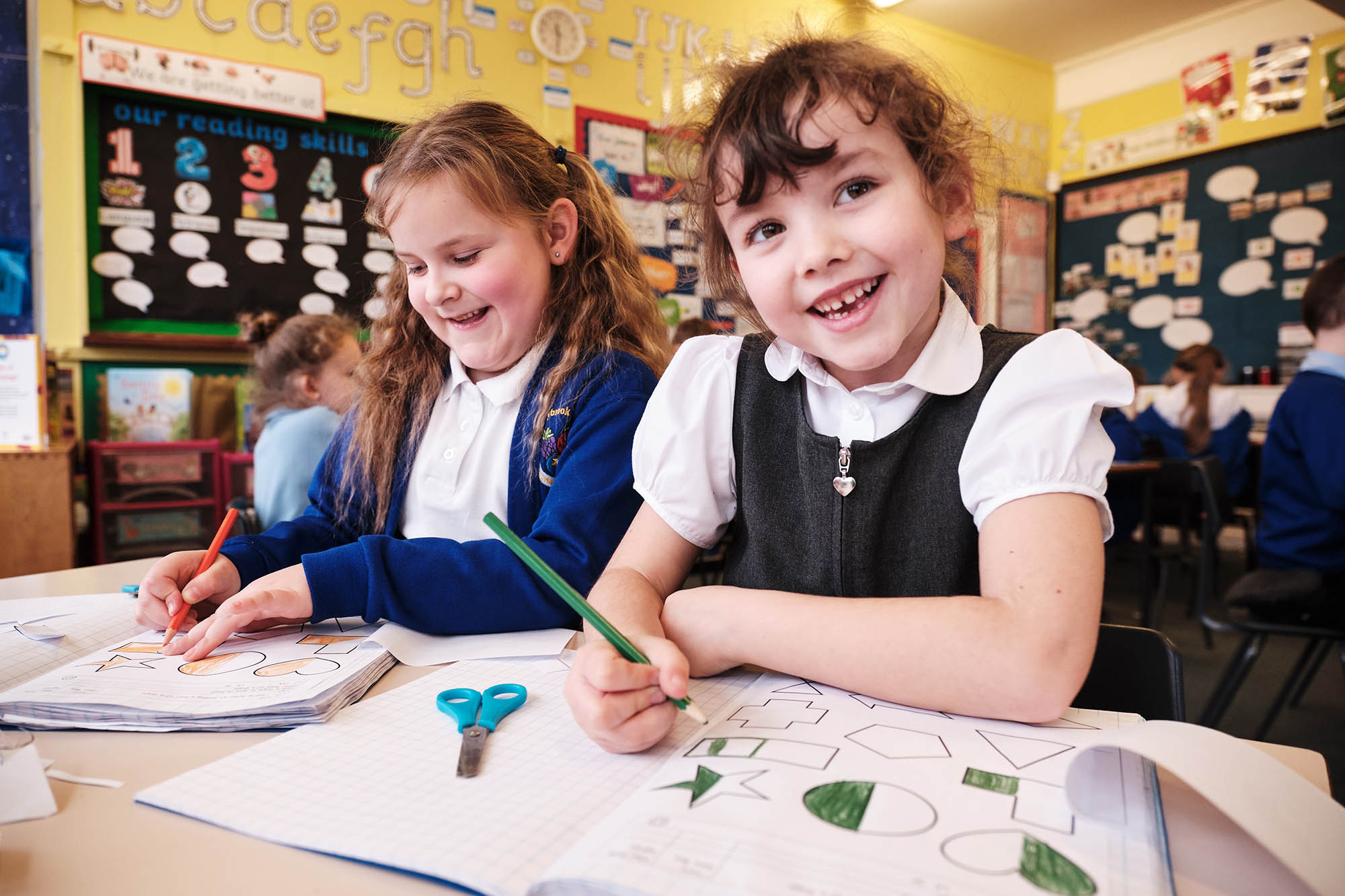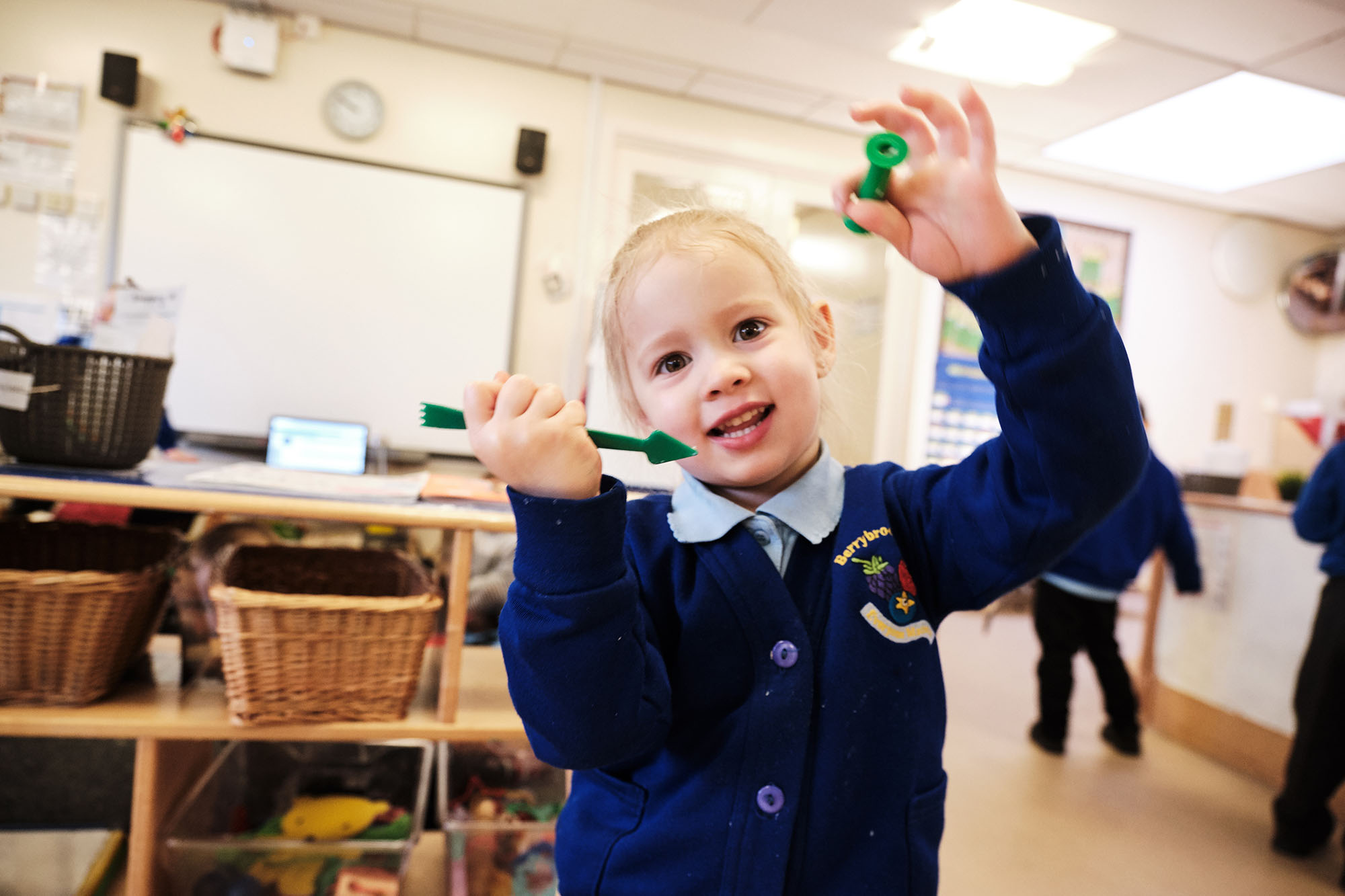Mathematics at Berrybrook
TEACHING MATHEMATICS IN SCHOOL
The basic skills of mathematics are vital for the life opportunities of our children. Our aim is for all children to think mathematically, enabling them to reason and solve problems effectively- experiencing a sense of awe and wonder as they solve a problem for the first time, discover different solutions and make links between different areas of mathematics.
To become competent with and to gain a deep understanding of new mathematical concepts, we follow a concrete-pictorial-abstract approach:
Concrete
Children have opportunities to use concrete (practical) objects and manipulatives to help them understand what they are doing.
Pictorial
Alongside the concrete, children use pictorial representations (where they are exposed to a range of representations to help draw out mathematical structures). These representations then help children to reason and problem solve.
Abstract
Both concrete and pictorial representations support children’s understanding of abstract methods.
This approach contributes to children’s conceptual understanding and conceptual understanding supports retention, which is our ultimate goal.
Wherever possible, we make links to Maths across the curriculum, providing children with opportunities to consolidate and enhance their maths skills. Applying and developing skills across the curriculum allow children to become more confident at tackling maths in any context, particularly real life situations.
How can you support your child?
We follow our school’s ‘Calculation Policy’ when teaching calculation (addition, subtraction, multiplication and division) and ‘Fractions and Decimals Policy’ when teaching fractions, decimals and percentages.
To support us with this, when completing any homework with your child please follow the same methods as we are teaching in school to avoid any confusion. Please see below for our written and virtual calculation policies and our fractions and decimals policy.



WHY IS MATHS IMPORTANT TO OUR CHILDREN?
Scarlett - Year 6
Maths is magical because it can help me when I am older to be an architect a shopkeeper or a doctor!
Israel - Year 4
I really enjoy maths. I love our times tables Breakfast Club!
Harvey - Year 1
Maths is important because if you want to be a builder when you grow up, you have to know how high you can build.
Kayden - Year 2
I like doing times tables because it helps you to get better with learning.
HOW YOU CAN HELP YOUR CHILD WITH MATHEMATICS
Support for Early Years parents
The following extracts have been taken from our school Pre-Calculation Policy for Early Years Children.
Please select the relevant year group for your child to view resources which will help you support them.
SUPPORT FOR KEY STAGE ONE AND TWO PARENTS
The following extracts have been taken from our school’s Calculation Policy and Fractions and Decimals Policy for Key Stage One and Two children.
Please select the relevant year group for your child to view resources which will help you support them.
Year 4 Multiplication Tables Check (MTC)
Please click on the link below for more information:
In June each year, pupils in Year 4 will sit the multiplication tables check (MTC). The MTC is an online test for pupils in Year 4. Pupils are asked to answer 25 questions on times tables from two to twelve either on an ipad or a laptop. Pupils are given six seconds per question, with three seconds rest between each question, so the test should last less than five minutes. The MTC will establish which pupils’ times tables knowledge is at the expected level and will also help identify which pupils are struggling with their times tables so that they can get extra support.
Questions about the six, seven, eight, nine, and twelve times tables are likely to come up most often and as these are the hardest for most children to learn, it is a good idea to focus on learning these tricky times tables with your child.
“Leaving primary school with a fundamental grasp of basic numeracy is as important as leaving being able to read. And just as the phonics check has helped more children learn to read, this will ensure more pupils know their times tables.”
Nick Gibb, schools minister.
